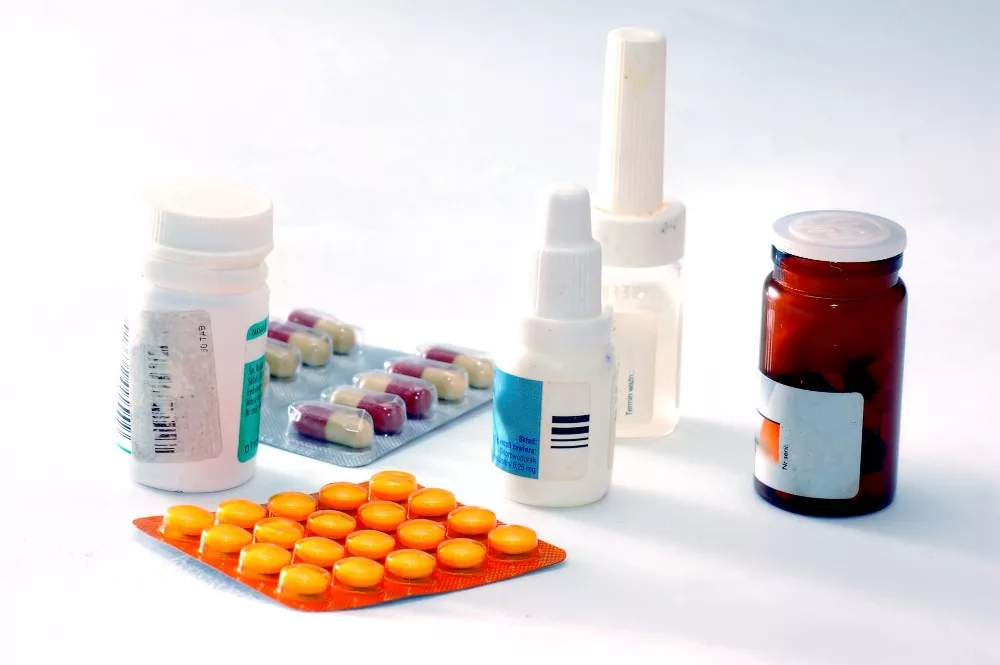When we’re unwell, we often turn to medicines for relief. Whether it’s a bitter pill, a syrup that makes us cringe, or a dissolvable tablet that leaves a nasty taste in our mouths, many of us have experienced the displeasure of taking medications that taste bad.
Diseases affect people of any age. And for treating the diseases, medicines are taken for treatment. To overcome the bitter taste, medicines are coated in a pill and capsule form so, direct contact of the drug with the taste receptors present in the tongue don’t take place and medicines are easily taken.
But have you ever wondered why medicines taste bad in the first place?
Medicine tastes usually bitter due to the chemical formulations present in that medicine.To overcome the bitterness, different techniques are being used for making it palatable.
In this article, let’s get to know the science behind this.
Medical Effectiveness Over Taste:
The primary goal of any medicine is to treat or alleviate a medical condition. When pharmaceutical companies develop medications, the effectiveness of the active ingredients takes precedence over taste. These active ingredients are often responsible for the unpleasant taste. After all, when we’re unwell, our top concern is getting better, not savouring a delightful flavour.
Many active ingredients in medicines have a naturally bitter or unpleasant taste. This can be due to the chemical composition of the compounds used for their therapeutic effects. For example, antibiotics like amoxicillin or certain pain relievers contain compounds that inherently taste unpleasant. Masking these tastes can be challenging, especially when maintaining the drug’s stability and efficacy.
Formulation Matters:
The form in which a medicine is administered plays a significant role in how it tastes. Liquid medicines, for example, come into direct contact with our taste buds and can be particularly notorious for their unpalatable flavours. Capsules and pills, on the other hand, might not taste as bad since they dissolve or break down after swallowing, reducing the exposure to taste buds.
There are other techniques as well like adding sugar, acid and salt to the formula to make it less bitter and tolerable. But even after adding these, the bitter taste doesn’t become sweetened.
Additives, Preservatives, and Stabilisers:
To ensure the shelf life and safety of medicines, manufacturers often include additives, preservatives, and stabilisers. While these components are necessary, they can contribute to the medicine’s bad taste. These extra ingredients may interfere with the natural taste of the active compounds or simply introduce their own unpleasant flavours.
Bitter taste for children:
Medicines designed for children are a unique case. Children can be particularly finicky about the taste of medicines, making it essential to mask the unpleasant flavours. Manufacturers often add sweeteners, flavouring agents, or create child-friendly formulations to encourage compliance. While these measures are successful for children, adult medications may not prioritise taste in the same way.
Often children show no compliance due to the bitter, non tolerable taste. As they take the syrup, they vomit out because syrups can’t be coated and there is direct exposure of drugs with the taste receptors.
Children are more bitter sensitive. So the palatability is very difficult for children. To make the syrup less bitter, some techniques help like some antibiotic syrups come in different flavours so that children take it easily.
Masking Techniques:
Pharmaceutical companies invest in various techniques to mask the bad taste of medicines. Flavouring agents, such as cherry, orange, or mint, are added to many liquid medications. However, achieving a universally pleasant taste for all patients is a formidable challenge. The bitter taste of certain medicines may still break through the added flavours.
For adults, drugs are coated in pill or capsule form so that they can easily swallow but the real challenge comes with paediatric medicines which come in syrup form.
Individual sensitivity:
One crucial factor to consider is that taste preferences vary among individuals. What one person finds unbearably bitter, another might not mind as much. This subjectivity in taste perception makes it even more challenging to create universally pleasant-tasting medicines.
One reason for medicines to taste bad is because the primary consideration is the treatment, not the taste. Drugs which are present in the medicines are bitter, which gives the medicine the bitter taste.
Conclusion:
In conclusion, the unpleasant taste of medicines is primarily a result of the necessary active ingredients and the prioritisation of medical effectiveness over flavour.
Manufacturers are continually researching and experimenting with new formulations, coatings, and delivery methods to make medicines more palatable without compromising their therapeutic properties.
While efforts are made to improve the taste of medications, there will always be cases where patients must endure the bitter pill or unpleasant syrup to get the healing they need.
By understanding why medicines taste bad, we can appreciate the science and art behind pharmaceuticals a bit more and, perhaps, endure the bitter moments of healing with a little more understanding.
